Thanks to Gabriela Isolabella for sharing these photos of her students at Hastings Girls High School taking part in CensusAtSchool last term.
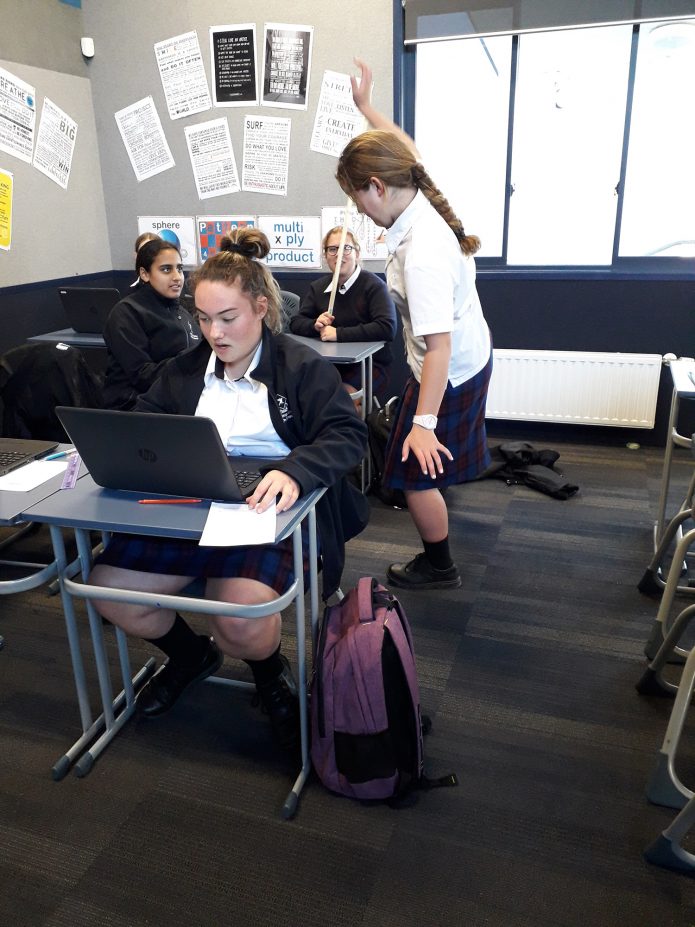
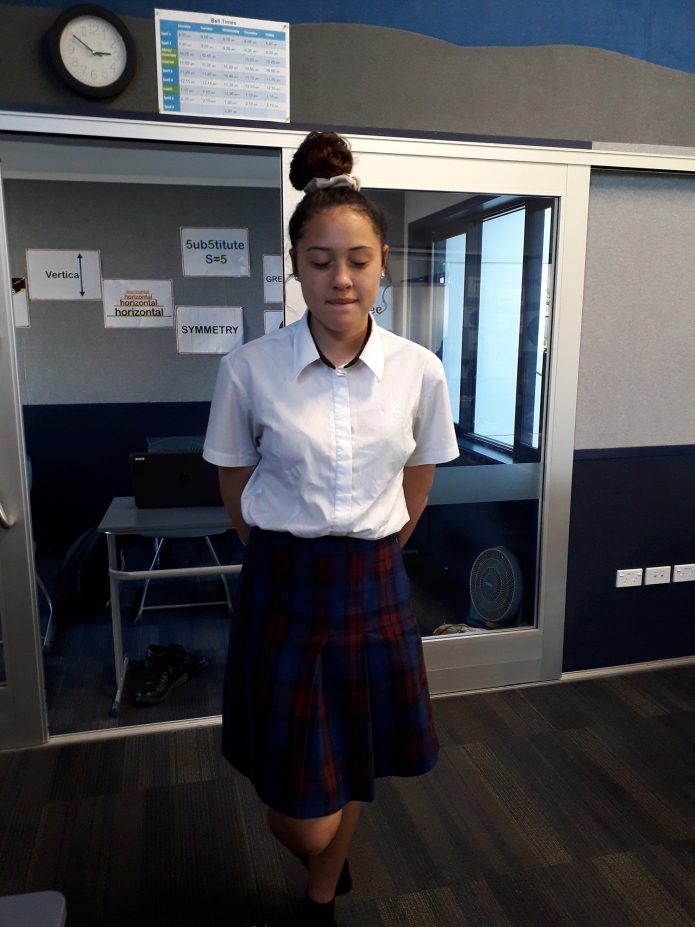
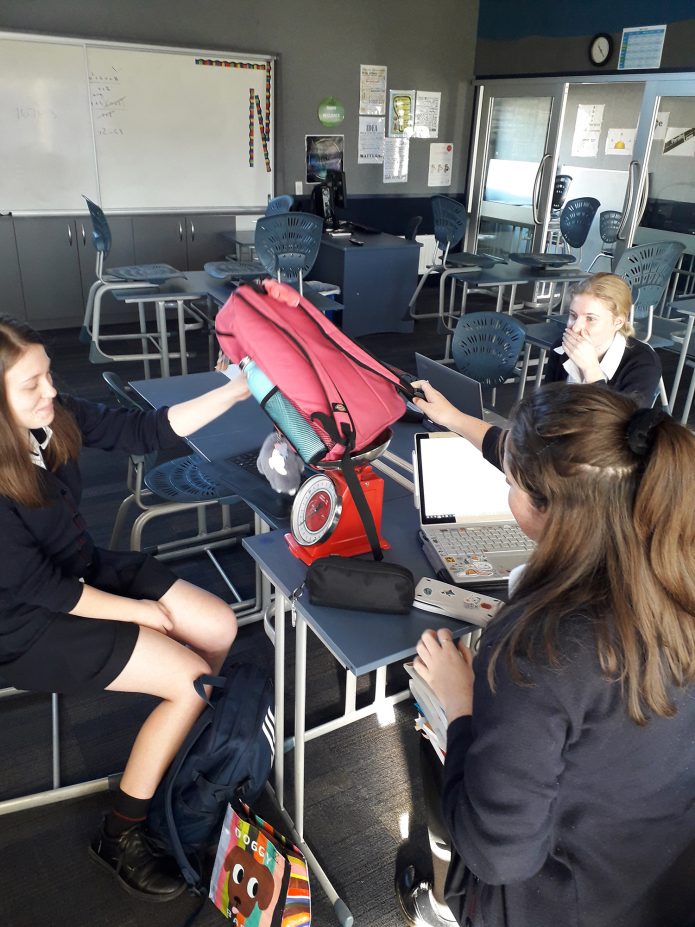
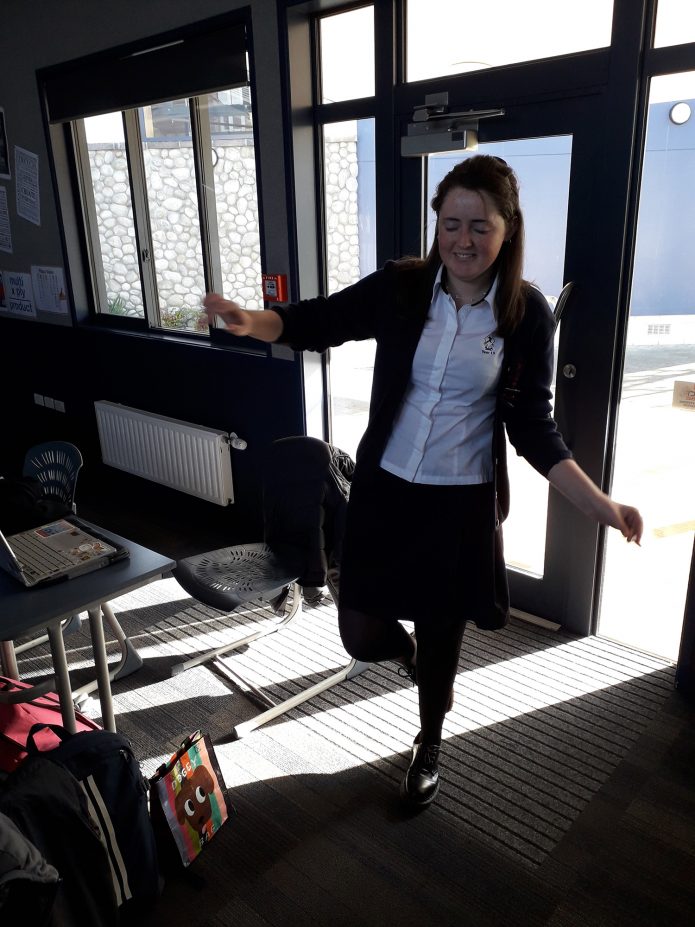
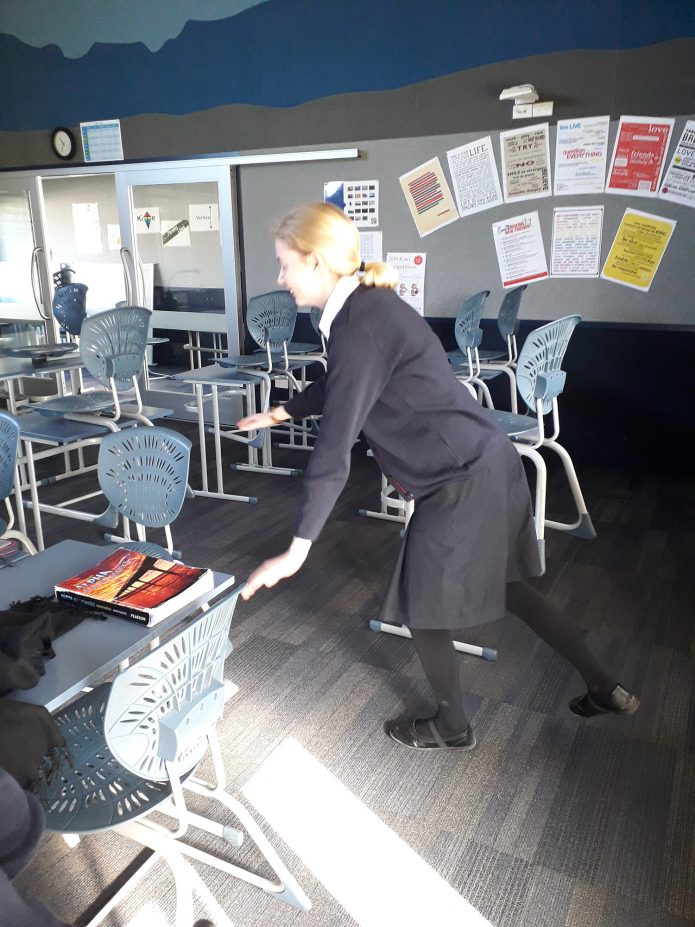
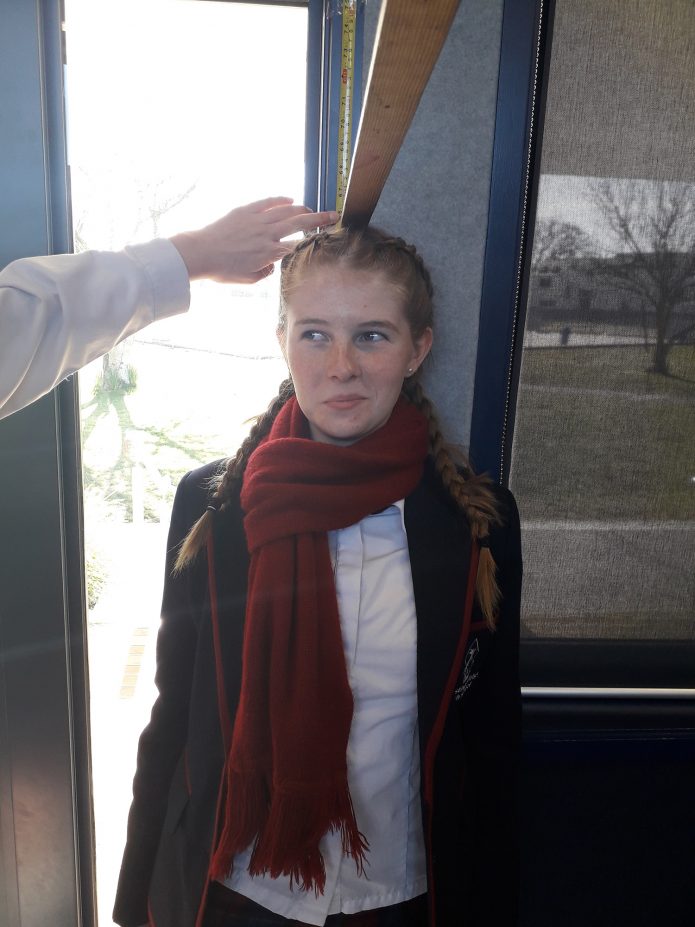
Thanks to Gabriela Isolabella for sharing these photos of her students at Hastings Girls High School taking part in CensusAtSchool last term.






Thanks to Kristina Sheppard for sharing these photos of her Year 7 class at Ashburton Intermediate taking part in CensusAtSchool recently.
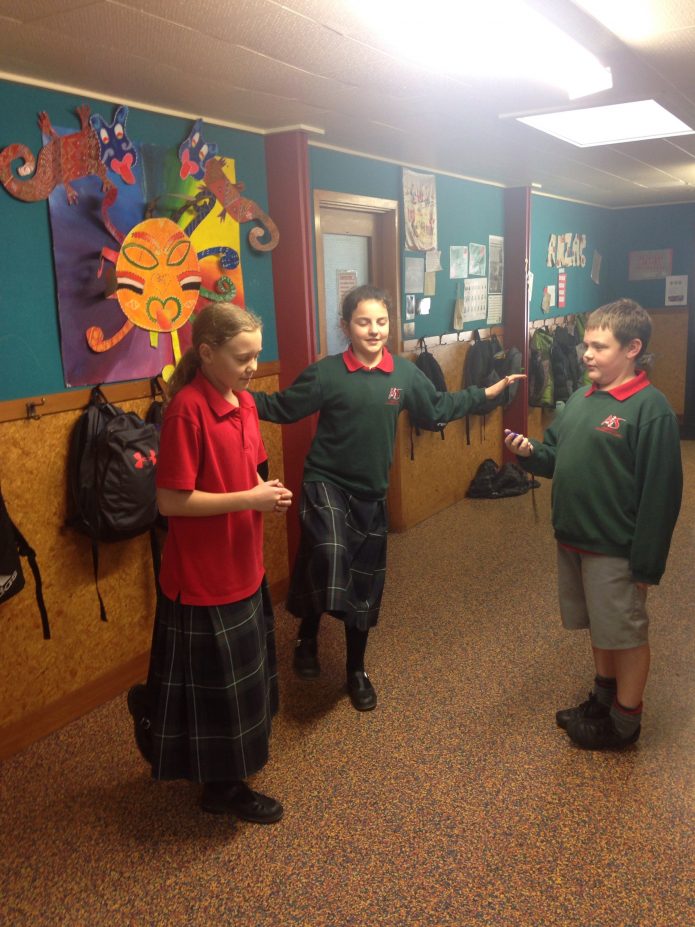
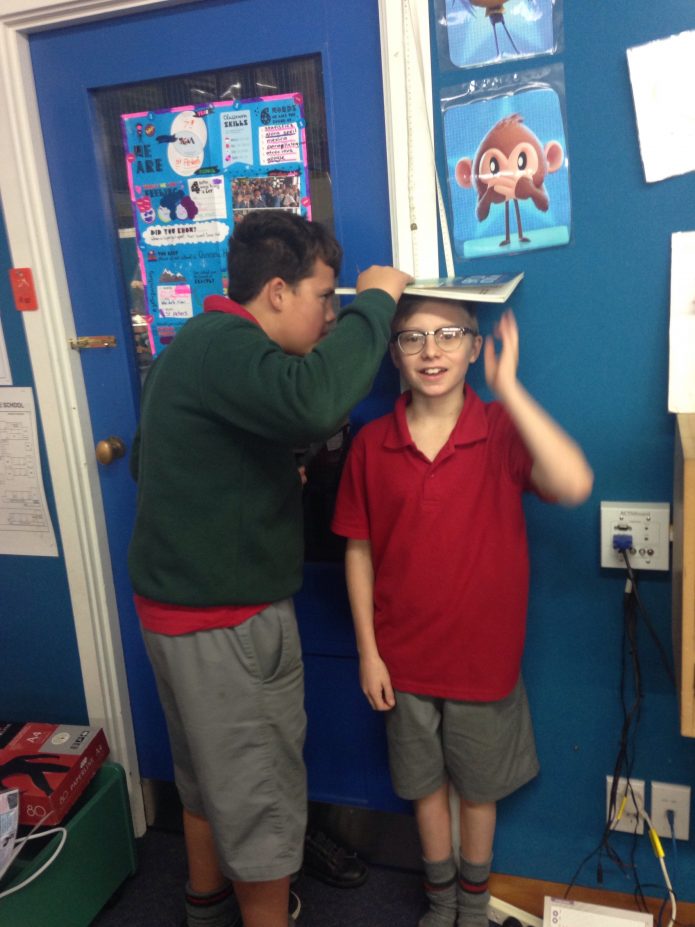
Thanks to Heather Willocks for sharing these photos of her class at Balclutha Primary School taking part in CensusAtSchool on Friday.
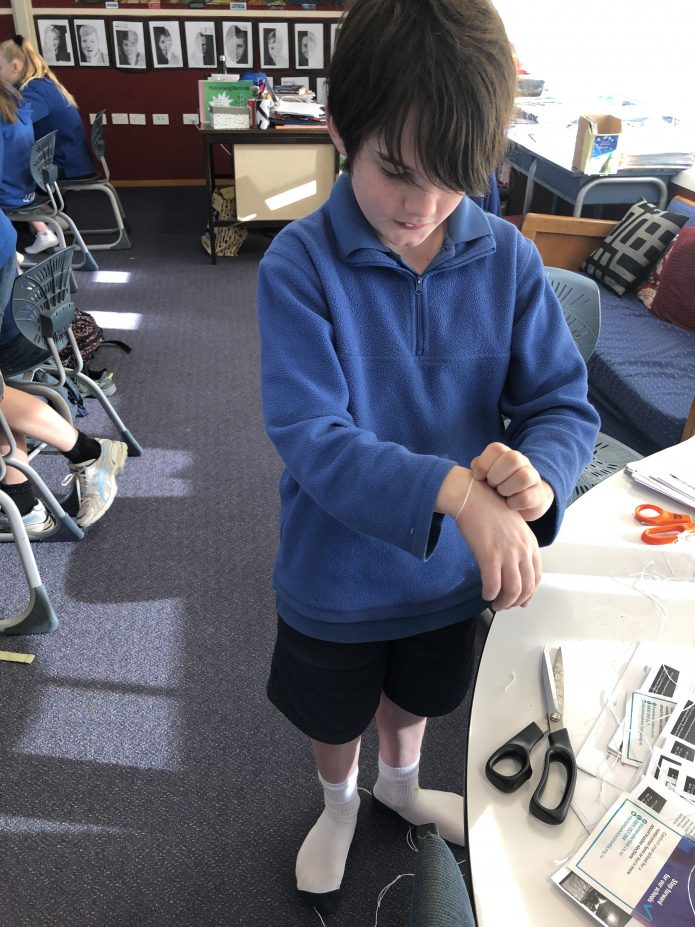
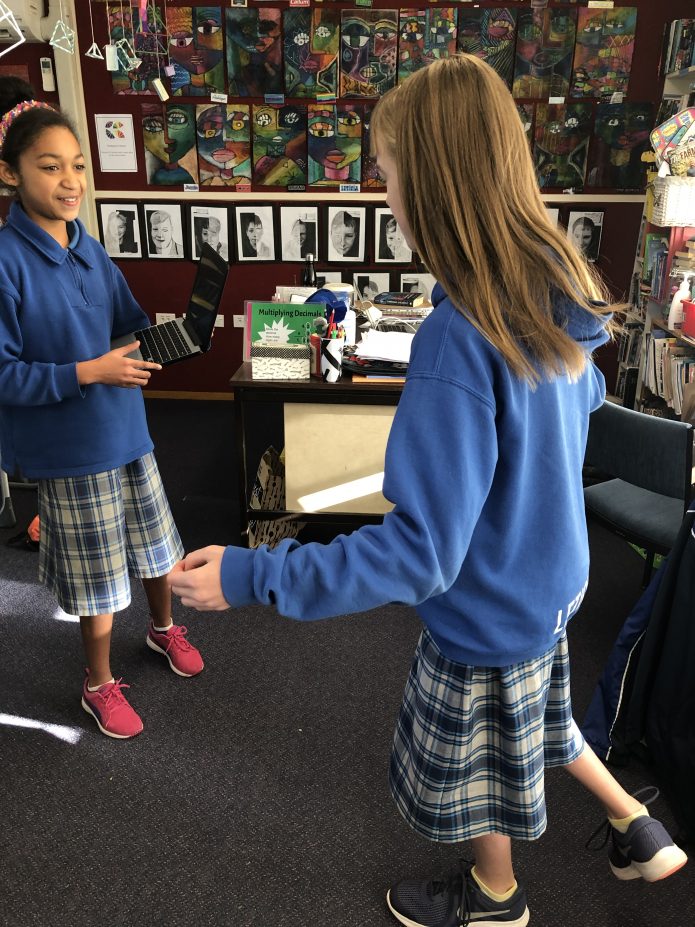
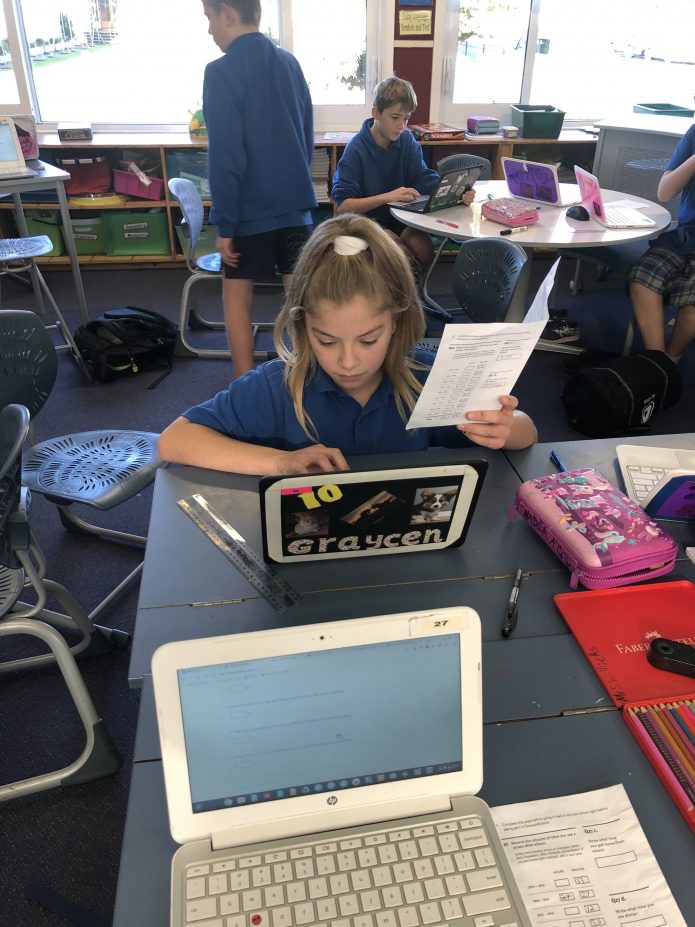
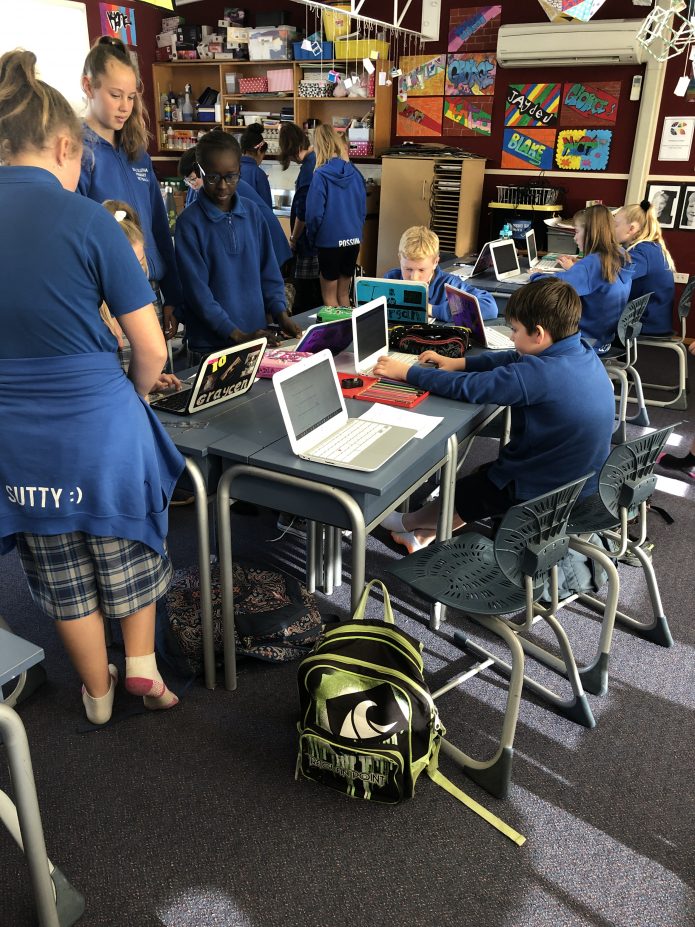
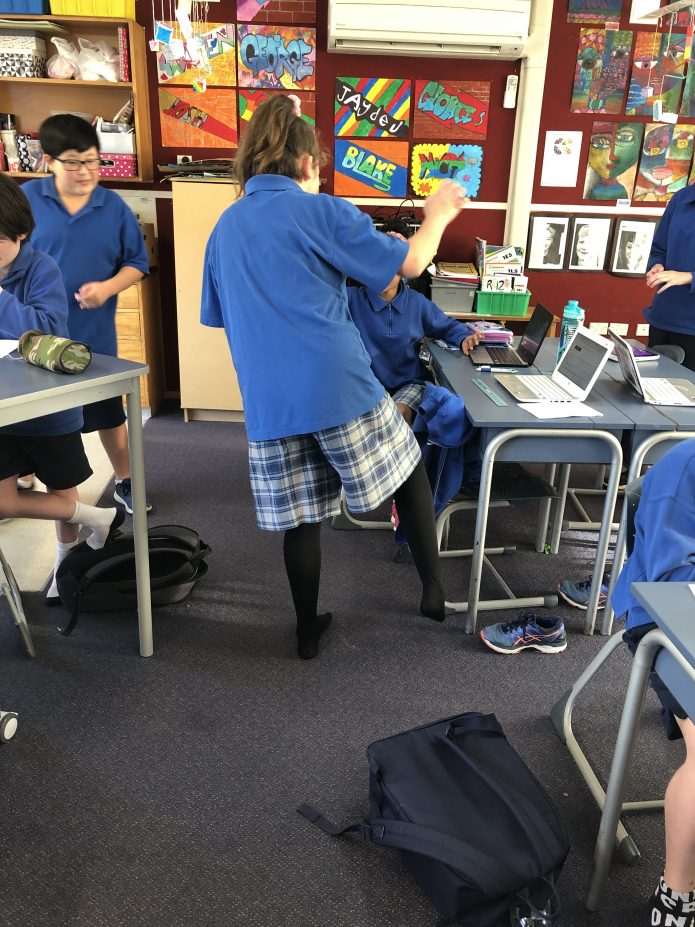
The Concord Consortium hosts a number of data science games and projects for Year 9 – 13 students. CODAP makes data science accessible and empowers students to understand and analyze complex data without hours of coding lessons or years of advanced mathematics. A new collection of Dynamic Data Science activities is now available to get students working with data!
Also check out:
If you are involved in any citizen science projects around Aotearoa, let CensusAtSchool know about your project.
PS: Did you know the R coding language was created in New Zealand!
One in three New Zealand high-school students say they spend too much time on social media, the latest results of a nationwide survey reveal.
The insight comes from CensusAtSchool TataurangaKiTeKura, a non-profit, online educational project that brings statistics to life in both English and Māori-medium classrooms. Supervised by teachers, students from Years 5-13 anonymously answer 30 questions in English or te reo Māori on digital devices.
This data comes from the first 12,000 students to complete the census. This year, students were asked whether the time they spent on social media accounts was about right, too little or too much. Overall, one in three high-school students felt that their use of social media was excessive. This was highest among girls, with 40% spending too much time on social media, compared with just 20% for boys.
CensusAtSchool co-director Rachel Cunliffe says that the findings suggest that students are well aware of public discussion about the drawbacks of social media. “Connecting with peers is important to young people, and they seem to know about the pros and cons of using social media. The fact they’re reflecting on their own use of social media is a good thing.”
In other findings, one in three boys in primary school (33%) and secondary school (30%) believe that their time spent playing video games is excessive. However, 45% of primary girls and 65% of high-school girls said they don’t get enough time playing video games.
In other findings:
CensusAtSchool runs every two years. This year’s census, the ninth, was launched on March 4 and runs until July 5. During that time, up to 30,000 school children are expected to participate. More than 1,990 teachers from 906 schools have registered; see if your local school is taking part here.
CensusAtSchool is part of an international effort to boost statistical capability among young people and is carried out in Australia, Canada, the United States, Japan and South Africa. The countries share some questions so comparisons can be made.
A few teachers have contacted us with questions and feedback about Question 1 in the questionnaire which asks if students are male or female, so in this email, I’ll explain more to everyone.
Firstly, it is great that you and your students are thinking and talking about the questions and answers! This is an important part of survey design.
Some of our CensusAtSchool questions match word-for-word with the official Census questions. This means that we use tried-and-tested and familiarly worded demographic questions which have been tailored to the New Zealand context, such as asking birth country and ethnicity.
Many people assume that the first question we ask (and that the official Census asks) is about gender identity. However, it is asking about biological sex.
It is easy to get these mixed up as the question itself does not say either one in the wording!
Added to that, there has been a tradition of using the word ‘gender’ in school environments when we really mean ‘sex’ because of the long-recognised problem of many kids getting silly whenever the word ‘sex’ is mentioned.
Now that gender identity has come much more to the forefront of society’s attention, this common educational workaround is now creating its own problems which will take time to fully solve.
Currently, the official definition Stats NZ uses for biological sex is binary. In the last two years, Stats NZ has tested adding a third response option using either ‘indeterminate’ or ‘intersex’. Of these tests, Stats NZ said the data was of very low quality and included facetious responses and responses made in error:
“Given the very low prevalence of the intersex population, the test results indicated that inaccurate responses for a third category would be as common as – or outnumber – legitimate responses for this category.”
If one of your students is intersex, I recommend they do not answer Question 1 for CensusAtSchool. Stats NZ advice was for people to request a paper copy of the census and then to check both boxes on the form.
Currently, gender identity is not yet asked in the official census and is not asked by CensusAtSchool. It is also not yet asked in other countries official census.
Stats NZ wrote that the reason not yet to ask gender identity is purely for statistical reasons:
“Our testing did not give us confidence we could collect quality information on these topics through the census. Writing census questions is complex and demands a great deal of expertise and testing to ensure the answers provide meaningful, high-quality data that can be used to inform decisions.”
This page is an excellent summary of the issues and the work being done in this area:
https://www.stats.govt.nz/
Thanks to Neil Ackermann for sharing these photos of his class at Chapel Downs Primary School taking part in CensusAtSchool.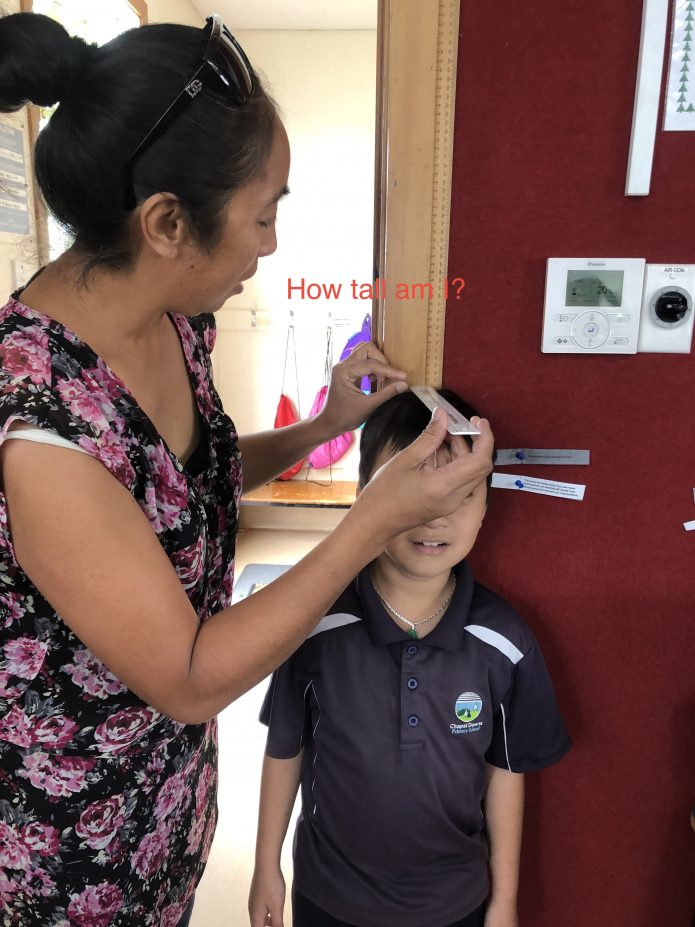
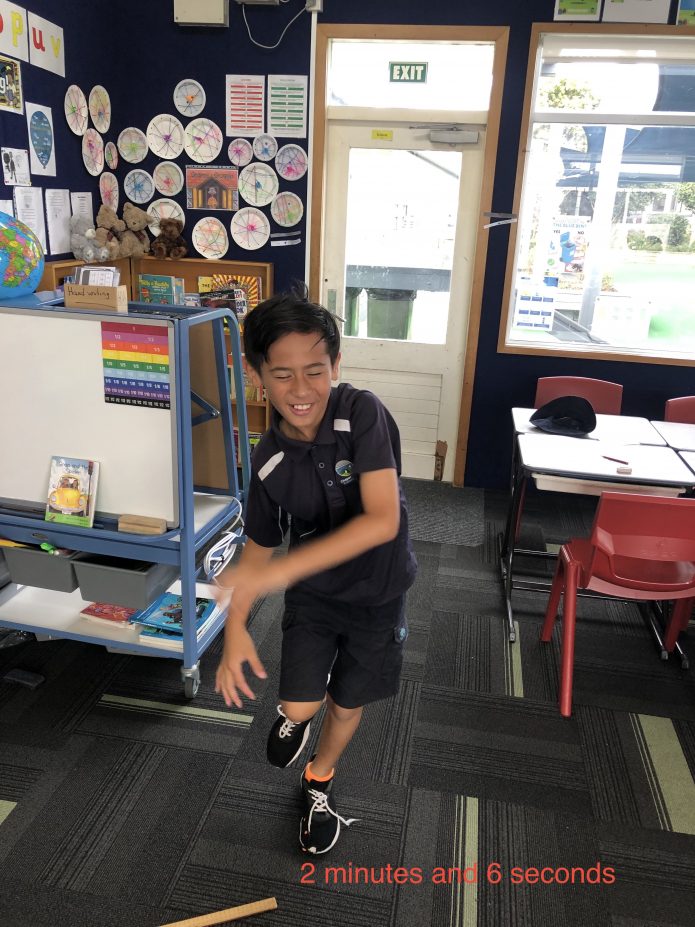
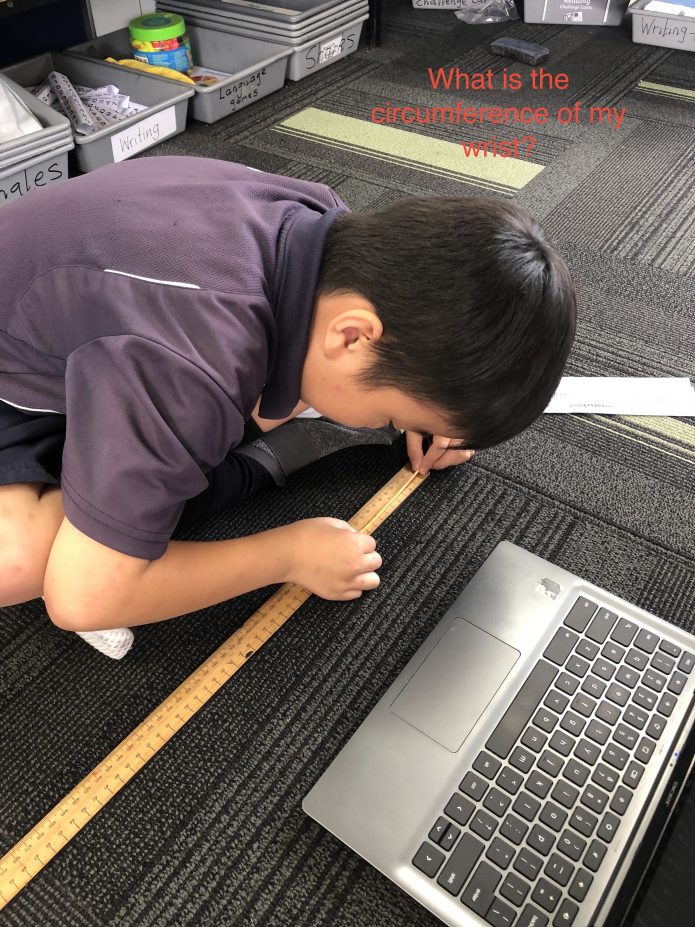
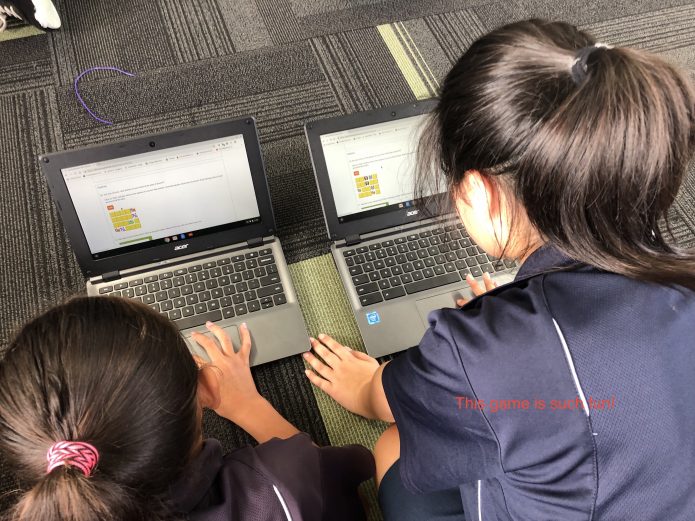
Thanks to Paige Bayliss for sharing these photos of her Year 10 class at Kaipara College taking part in CensusAtSchool.
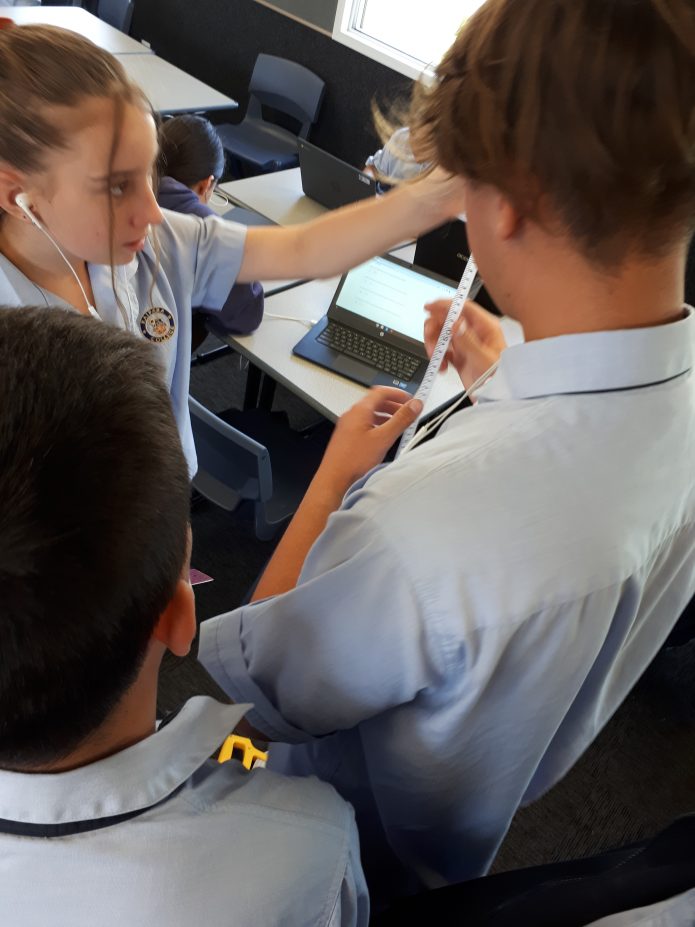
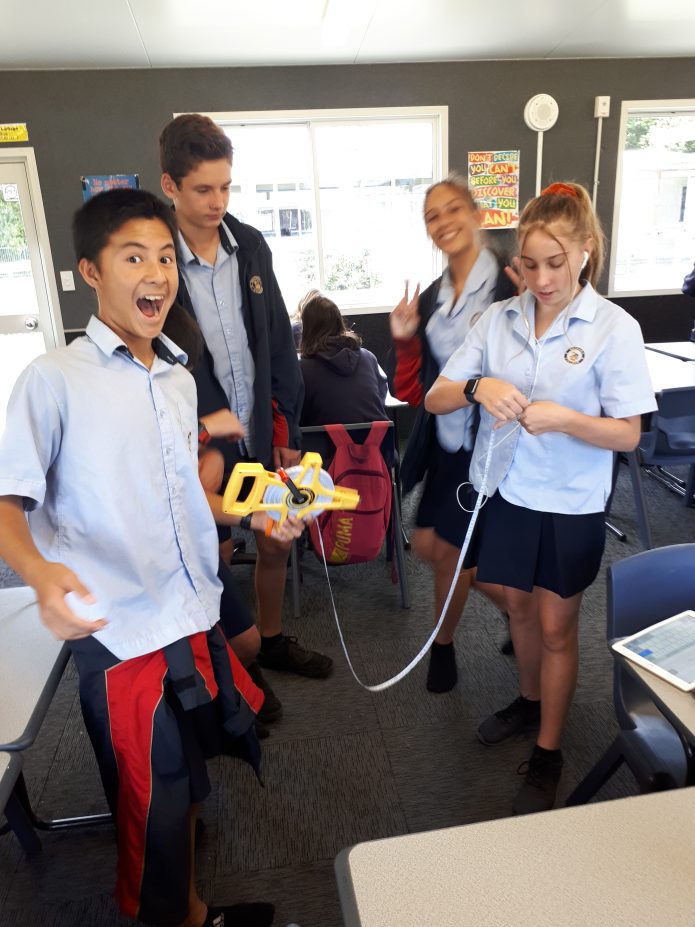
Nearly half of Kiwi students taking part in a nationwide in-school census believe that climate change “is an urgent problem that needs to be managed now”.
Students aged from 9 to 18 (Year 5 to Year 13) taking part in the statistics education project CensusAtSchool, or TataurangaKiTeKura in te reo Māori, were asked to choose an option that best described their opinion on climate change. A total of 44% of the students selected the statement that climate change was “an urgent problem that needs to be managed now”.
A total of 17% of all participants chose the statement that climate change was “a problem that needs to be managed in the future”. Just 10% believed that climate change was “not a problem”, and 29% either didn’t know or didn’t have an opinion.
High-school students felt the most acute sense of urgency, with 55% of year 9-13 students agreeing that climate change was “an urgent problem that needs to be managed now”.
The findings, from the first 4,900 students to take part in CensusAtSchool, come as young people prepare for a student ‘strike’ to push for increased government action on climate change. Thousands of New Zealand students will leave school on Friday March 15 to join a day of protest called Student Strike for Climate Action, calling on politicians to act quickly to limit global warming. In New Zealand, more than 25 rallies are due to take place in the four main centres and smaller towns.
CensusAtSchool co-director Rachel Cunliffe says that every edition of the schools’ census asks topical questions affecting young people. The climate change question in this census was added at the request of teachers last year – well before the current protest action was organised.
“Teachers told us that climate change was an issue for students and they asked for a question so students could see real, relevant data on the issue,” Rachel Cunliffe said. “At present, the only way to get hard data about the opinions and beliefs of New Zealand’s young people is through CensusAtSchool, so we added the question about climate change so young people themselves and the public can see exactly how their generation feels.”
The CensusAtSchool results reflect a nationwide poll of adults aged 18 and over carried out last March by Horizon Research. It found that 64% of adults nationwide believed climate change was a problem, 29% of them saying it was urgent.
CensusAtSchool, which launched on Monday March 4, is a biennial statistics project that shows students how data-science skills reveal the unseen and can be used to make informed decisions about their own lives.
Supervised by teachers, students from Year 5 to Year 13 fill in a digital questionnaire about their activities and opinions, with data returned to teachers for classroom analysis. The figures on climate change come from the first 3,400 students to take part; up to 30,000 students are expected to have their say before the census closes on July 5 this year.
CensusAtSchool started in New Zealand in 2003, and is run by the University of Auckland’s Department of Statistics with support from Stats NZ and the Ministry of Education. It is part of an international effort to boost statistical capability among young people and is carried out in Australia, the United Kingdom, Canada, the United States, Japan, and South Africa. The countries share some questions so comparisons can be made.
Thanks to Lyn McLennan for sending in some photos of her students taking part in this year’s CensusAtSchool.
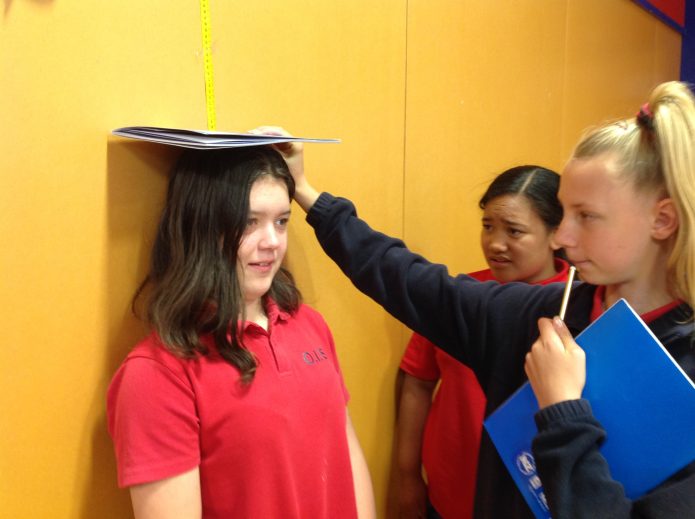
Year 8 Room 13 student from Oamaru Intermediate School, Navanah Kennedy-vanDelden, measures the height of Chelsy Monahan while Saane Silakivai looks on to see if her prediction was correct.
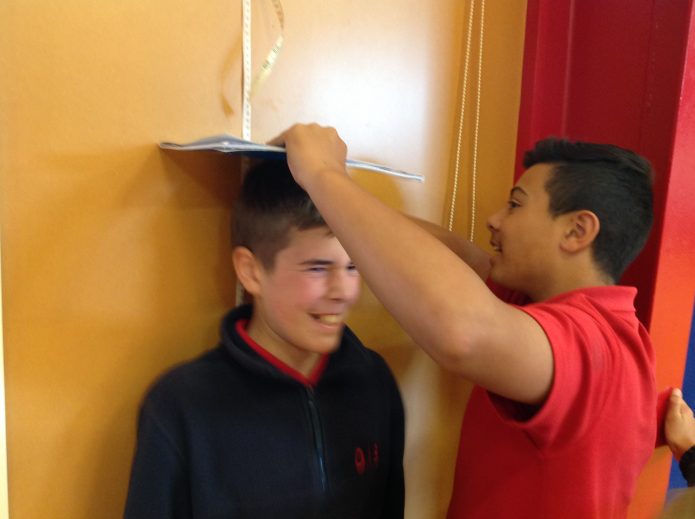
Tyson Mareta-Ria measures Year 8 Chris Duff at Oamaru Intermediate School.